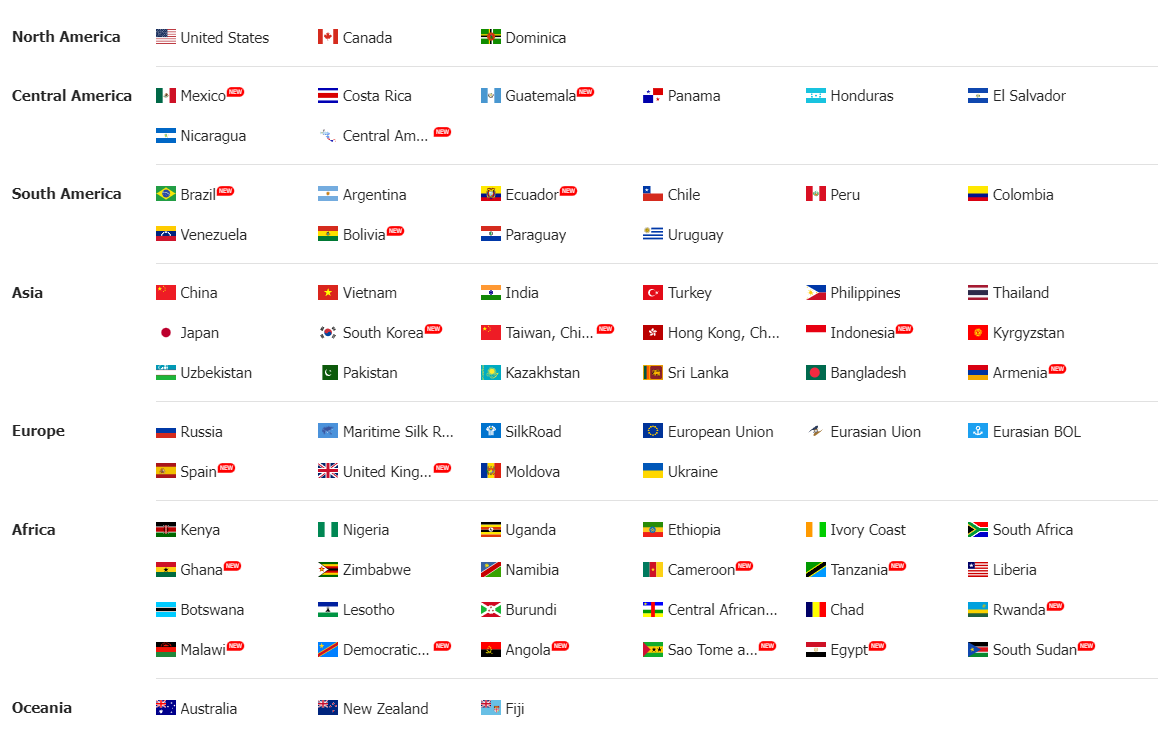 Import News
Import News
 16-10-2024
16-10-2024
In 2023, the Japanese imports market was dominated by several key industries, reflecting the country's heavy reliance on energy, technology, and industrial goods. Below is an overview of the top ten categories of products that Japan imported in 2023:

1. Mineral Fuels, Oils, and Distillation Products (25.89%, $194.67 Billion)
The largest share of Japanese imports in 2023 was attributed to mineral fuels, oils, and distillation products. Accounting for 25.89% of total imports, this category reflects Japan's dependency on foreign energy sources, such as crude oil, natural gas, and coal, to power its industries and meet domestic energy demands.
2. Electrical and Electronic Equipment (15.31%, $115.09 Billion)
Electrical and electronic equipment formed a significant part of Japanese imports, making up 15.31% of total imports. These include consumer electronics, computers, telecommunications equipment, and other electronic components, reflecting Japan's role as a major hub for high-tech manufacturing.
3. Machinery, Nuclear Reactors, and Boilers (9.22%, $69.31 Million)
Machinery, including industrial equipment, nuclear reactors, and boilers, was another important import sector for Japan, accounting for 9.22% of total Japanese imports. This category includes advanced machinery that supports Japan's robust manufacturing and industrial sectors.
4. Pharmaceutical Products (4.1%, $30.83 Million)
Pharmaceutical products, which include medicines and health-related goods, made up 4.1% of Japanese imports in 2023. As an aging population, Japan has a growing demand for pharmaceutical products to meet healthcare needs.
5. Ores, Slag, and Ash (3.51%, $26.36 Million)
Japan imported ores, slag, and ash to fuel its industries, with these raw materials representing 3.51% of total Japanese imports. These materials are vital for Japan's steel production and other industrial processes.
6. Vehicles Other Than Railway or Tramway (3.31%, $24.9 Million)
Although Japan is a major exporter of automobiles, it also imports certain types of vehicles and parts. In 2023, vehicles other than railway or tramway accounted for 3.31% of Japanese imports, reflecting the global nature of the automotive industry.
7. Plastics (2.14%, $16.08 Million)
Japan's demand for plastics, which are used in various manufacturing processes and consumer goods, amounted to 2.14% of total Japanese imports. These materials are essential for the production of packaging, automotive components, electronics, and more.
8. Organic Chemicals (2.04%, $15.35 Million)
Organic chemicals, used in a range of industries from pharmaceuticals to agriculture, represented 2.04% of Japanese imports. These chemicals are crucial for Japan's chemical production and research sectors.
9. Pearls, Precious Stones, Metals, and Coins (1.98%, $14.91 Million)
Japan also imported pearls, precious stones, and metals, which constituted 1.98% of its total Japanese imports in 2023. These materials are used in both luxury goods and industrial applications.
10. Commodities Not Specified by Kind (1.74%, $13.09 Million)
This category includes various goods that do not fall under specific classifications. In 2023, such unspecified commodities made up 1.74% of Japanese imports, reflecting the diversity of goods entering the country.
Conclusion
In 2023, Japanese imports were driven by the need for energy, technology, and industrial materials. With mineral fuels, electrical equipment, and machinery making up the bulk of imports, these sectors highlight Japan's strong reliance on external resources to sustain its economy and industrial growth. The import of pharmaceuticals and raw materials such as ores and chemicals also indicates the country's demand for healthcare products and manufacturing inputs.
Overall, the diversity of Japanese imports reflects Japan's global connectivity and its dependency on external markets for energy, advanced machinery, and essential raw materials, ensuring the country continues to thrive in various sectors.
Tendata iTrader compiles trade data from 218 countries and provides detailed
information on over 130 million import-export enterprises worldwide.
With a daily influx of 10 billion trade records, Tendata efficiently delivers contact details for over 700 million top-level executives and decision-makers in the import-export industry through advanced filtering. This includes email addresses, phone numbers, social media profiles, and more. Additionally, we offer synchronized company profiles, product images, and website links, along with 19 types of visual reports. These tools assist foreign trade enterprises in precise market positioning and thorough market analysis, enabling you to quickly find the exact buyers and suppliers you need.
(>> Visit the Official Shanghai Tendata Website for More Details <<)

Category
Leave Message for Demo Request or Questions


 T-info
T-info T-discovery
T-discovery

 My
Tendata
My
Tendata Market Analysis
Market Analysis Customer
Development
Customer
Development Competitor
Monitoring
Competitor
Monitoring Customer Relationship
Customer Relationship





































































































































